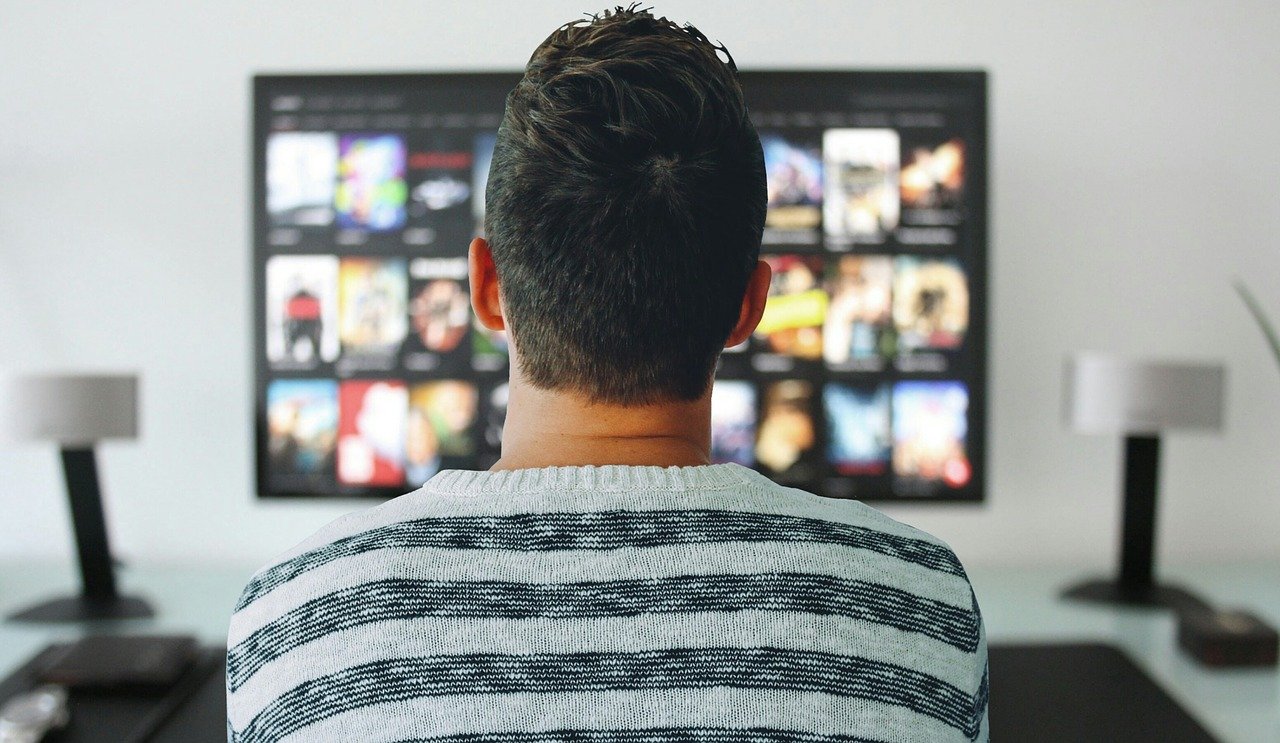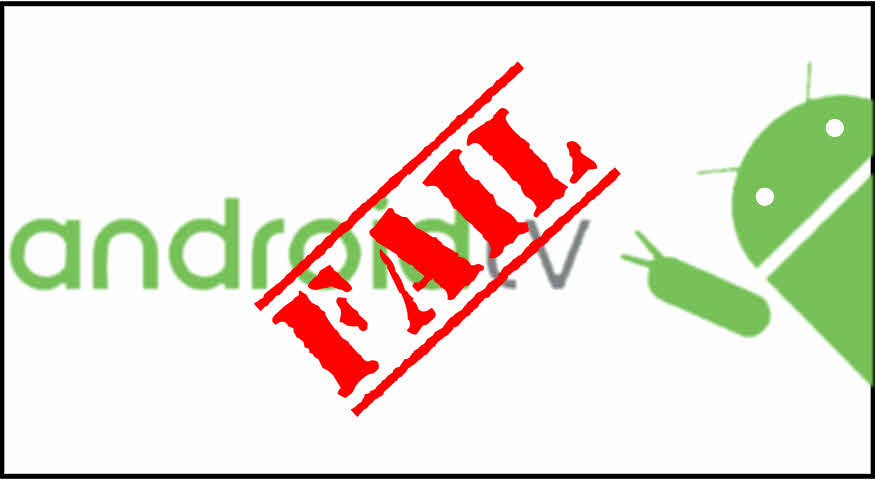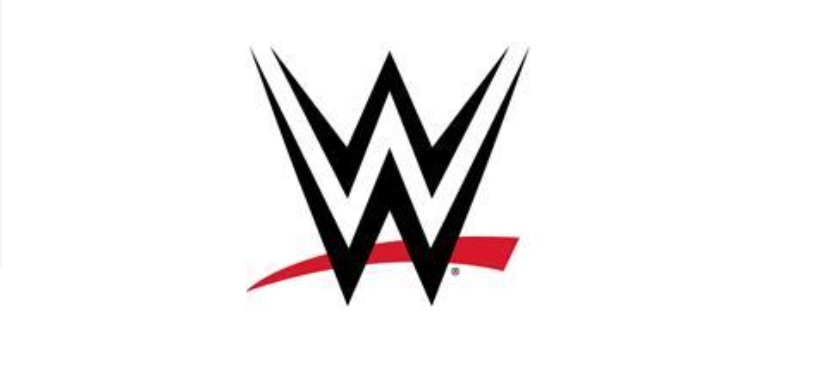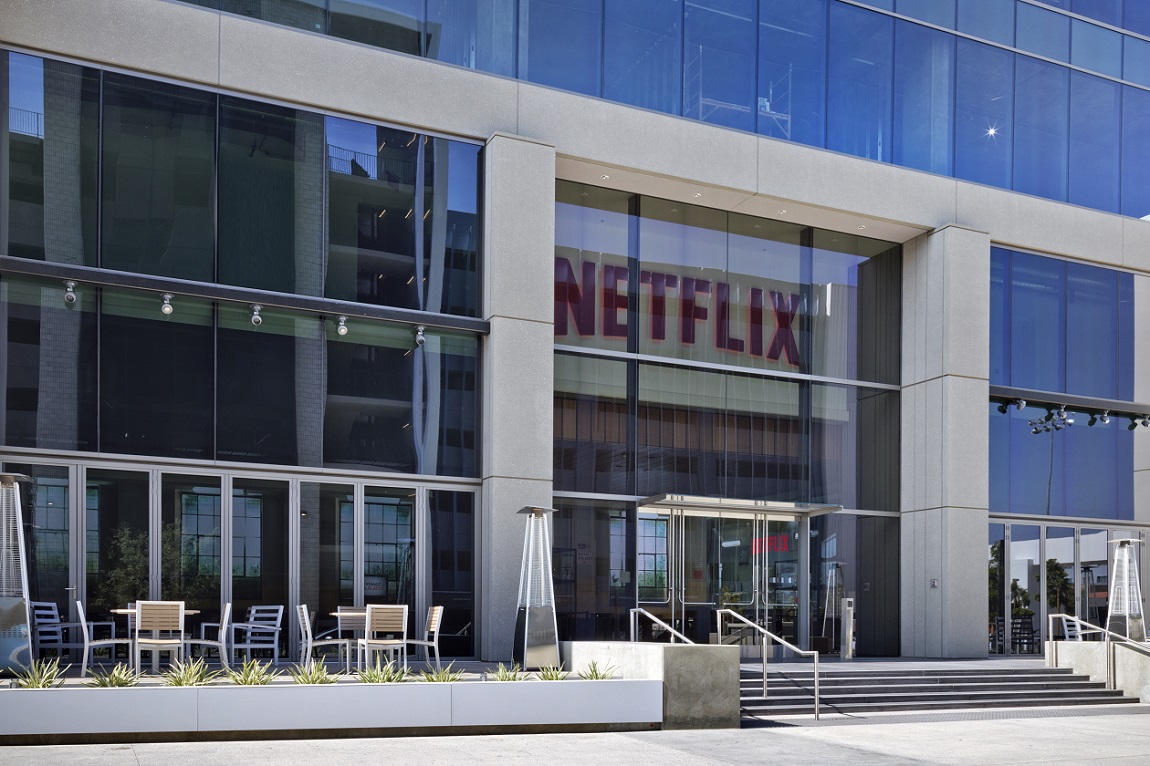History repeats itself in mass media but not usually in the same exact place. I say this because the growth of most mass media industries follows a pattern. It starts like the Wild West, lots of little radio stations that eventually banded together as networks and became national because of the popularity of certain programming. TV Networks started on the back of the radio networks and became popular bc of news personalities and the chance to see radio personalities on screen or in TV shows based on their radio shows etc. The rise of streaming has had a similar trek. In streaming it was more about services/apps. There were more than a dozen different branded streaming devices advertising different capabilities from large hard drives to mirroring. Some had app stores some didn’t. Companies did not know who was going to come out on top as set-top streaming began and the
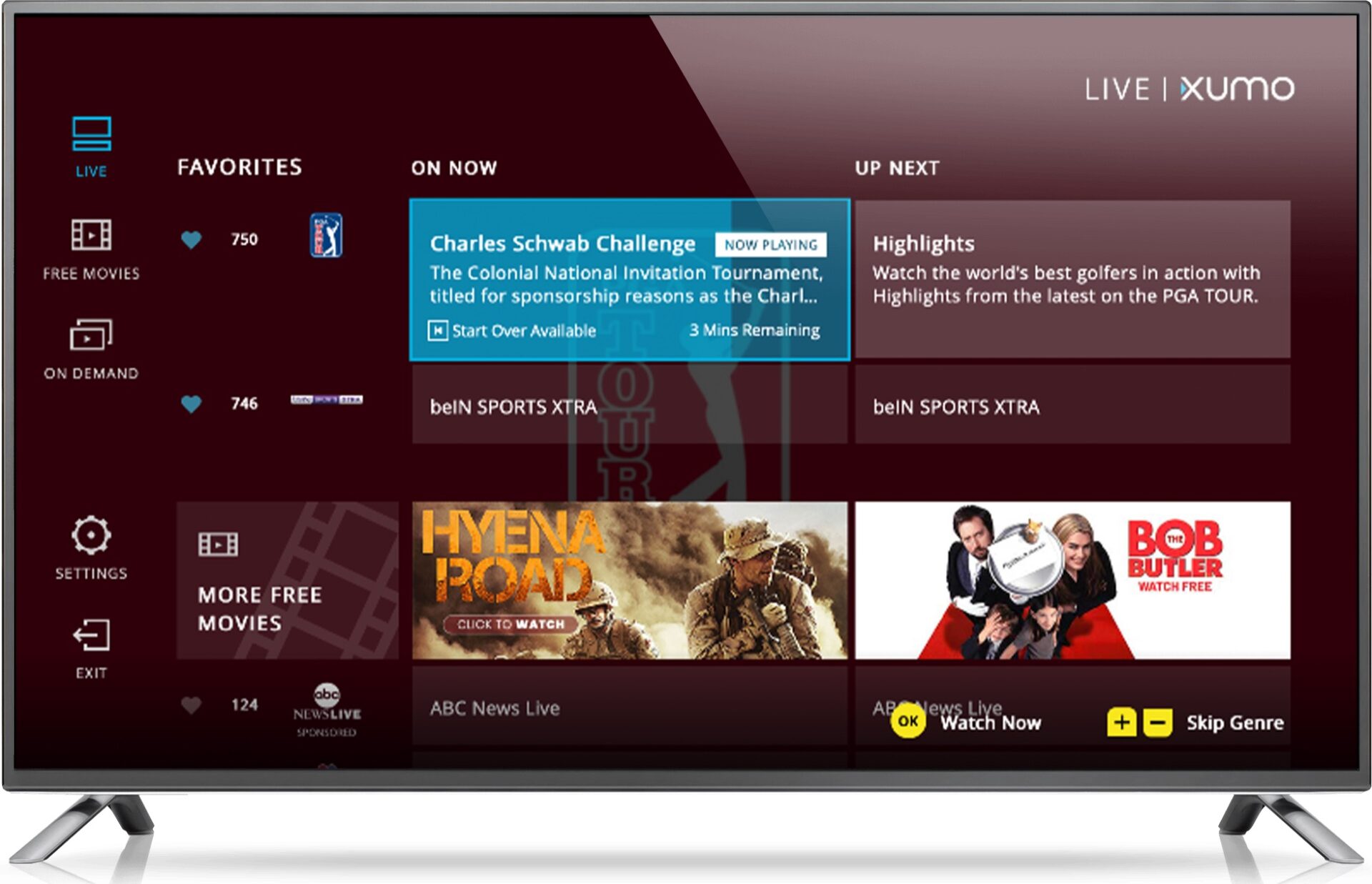
result was that you never knew what service would be available and where. Everyone had Netflix, but HBO Go was only on Apple TV. Roku did not even have an official YouTube app for quite some time. Watch ESPN was on IOS but not Apple TV or Roku. Amazon Video was on Roku but not Apple TV. There were numerous examples like that for a good 3-4 years before things began to really take form. By the way I make all of the Apple TV Vs Roku comparisons because at the time there was not a Fire TV platform. I could go on with other differences but won’t bore you with old man in the rocking chair stories.
The point is that we are seeing this weird fragmentation again. Amazon Fire TV users had to work around a fight between Google and Amazon over YouTube. That was resolved some time ago now. But the fight between HBO Max and the Roku and Fire TV camps, Quibi only being available via Casting and AirPlay, and Peacock being announced without access via Roku and Fire TV harkens back to the bad old days. And this doesn’t even address the channel lineups of live TV streaming options.
For the last few years people were finally essentially able to buy a device based on comfort level with a format or other factors like Roku’s private listening feature or Amazon’s integration of services. But everyone knew no matter what they got they would be able to watch HBO Now and HBO Go and Netflix and Hulu or even newcomers like Pluto TV or Tubi TV on what ever they purchased. If you wanted Apple TV’s cool TV aggregation center you could buy the premium product and still watch Amazon Prime. You could buy Fire TV and watch Apple TV Plus. But this uneven summer may be setting up a new rocky future that could hurt the streaming world and confuse things for potential customers.
This along with the rising cost of Cable replacement services like YouTube TV, and Fubo TV along fights between providers and channel ownership groups is making things a lot more complicated for potential cord cutters than they have been in years. Things are getting harder for sales people to explain accurately and the result will be that people buy in to one app or device and feel duped. An HBO customer service rep insisted for instance that HBO Max would be available for Roku at launch. The rep probably really thought that was the case. If they don’t know any better just think of the blue shirts at Best Buy or the employees at Target. Roku and Fire TV users are angry they can’t watch HBO Max.
The worst thing about it is that is happening at a time when a lot of people might want to flock to streaming as a substitute for cable during an economic crunch. There are 40 million people unemployed, tons of people staying home with pay who could be getting to know these systems and services better but because it is starting to get difficult to know where to find them, you can be sure people will form habits without them. Companies are going to find that betting on themselves at the expense on the public is not going to pay off in the long run. It’s just going to mean millions of people will never even try some of these services.

